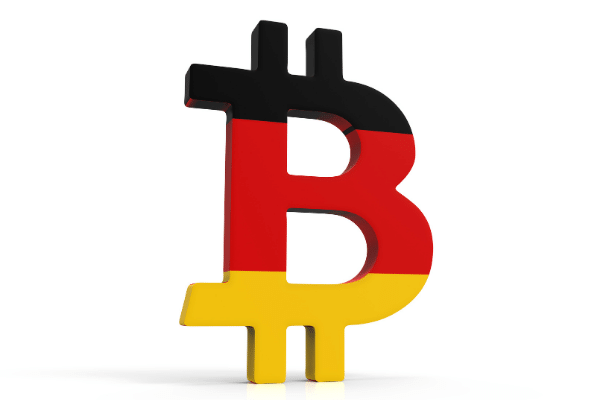
- Global growth of chip sales has decelerated for six straight months, in yet another sign that the global economy is straining under the dual weights of rising interest rates and growing geopolitical risks.
- Data from a semiconductor industry body reveals that sales of chips rose just 13.3% in June, down from 18% in May and the longest slowdown since the U.S.-China trade war of 2018.
For many months in 2021, gamers and cryptocurrency miners were not the only ones to lament a shortage of chips, everything from automakers to electric kettle manufacturers were short of the essential silicon brains needed to power many of the devices required of modern life.
But look around for a graphics card today and gamers will no doubt have noticed that prices have come down significantly for some of the most popular offerings from the likes of Nvidia and AMD, amid what appears to be a growing glut in semiconductor supply.
Global growth of chip sales has decelerated for six straight months, in yet another sign that the global economy is straining under the dual weights of rising interest rates and growing geopolitical risks.
Data from a semiconductor industry body reveals that sales of chips rose just 13.3% in June, down from 18% in May and the longest slowdown since the U.S.-China trade war of 2018.
Astute observers would have noted that the 3-month moving average in chip sales has correlated with the global economy’s performance in recent decades, with the latest weakness coming as concern about a worldwide recession prompting chipmakers to reassess growth plans.
When there was a global shortage of chips, semiconductor giants, TSMC (+2.80%), Intel (-1.37%) and Samsung Electronics announced ambitious investment plans to grow production.
But semiconductor factories are notoriously expensive to build and can take decades for such investments to be recouped.
Semiconductors are key components of an array of products, some of which most consumers may not even be aware of, from cars to coffee machines.
But chip sales have started to cool with central banks raising borrowing costs to combat spiraling inflation and China’s repeated and persistent Covid-19 lockdown policies and could be a sign that that the world economy is deteriorating rapidly.
To understand the extent of the malaise, consider that South Korea, the world’s biggest producer of chips saw exports fall precipitously to 2.1% in July from 10.7% in June, the fourth straight month of declines.
Taiwan, another key player in chipmaking and which is now under threat from China, saw manufacturing contract in both June and July, with new export orders for chips registering the biggest decline.
Although U.S. GDP has fallen for two straight quarters, the National Bureau of Economic Research remains in denial about the economy already being in a technical recession.
Given how chips are essential to so much of manufacturing and are strongly indicative of global demand for goods, a falloff in chip exports may be the canary in the coalmine and indicative that a global recession is imminent.



